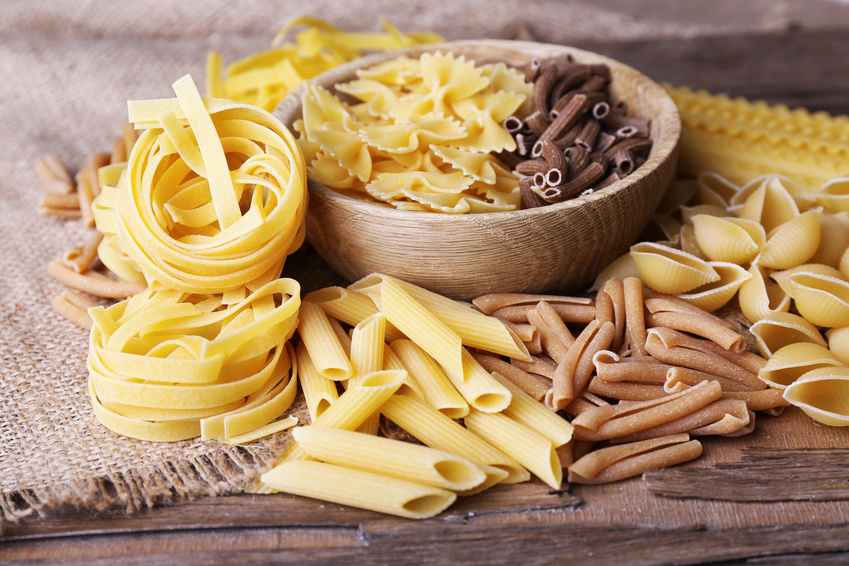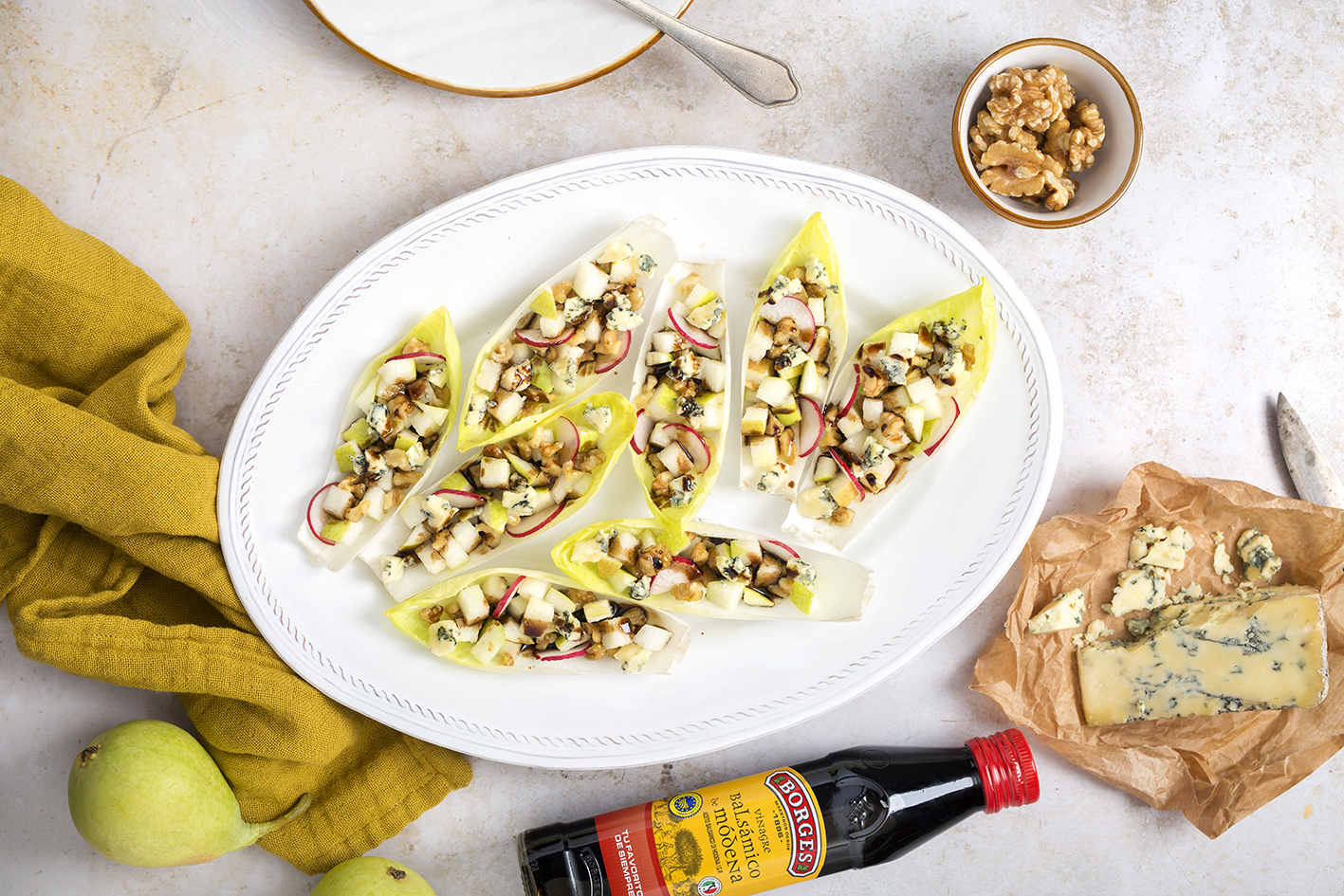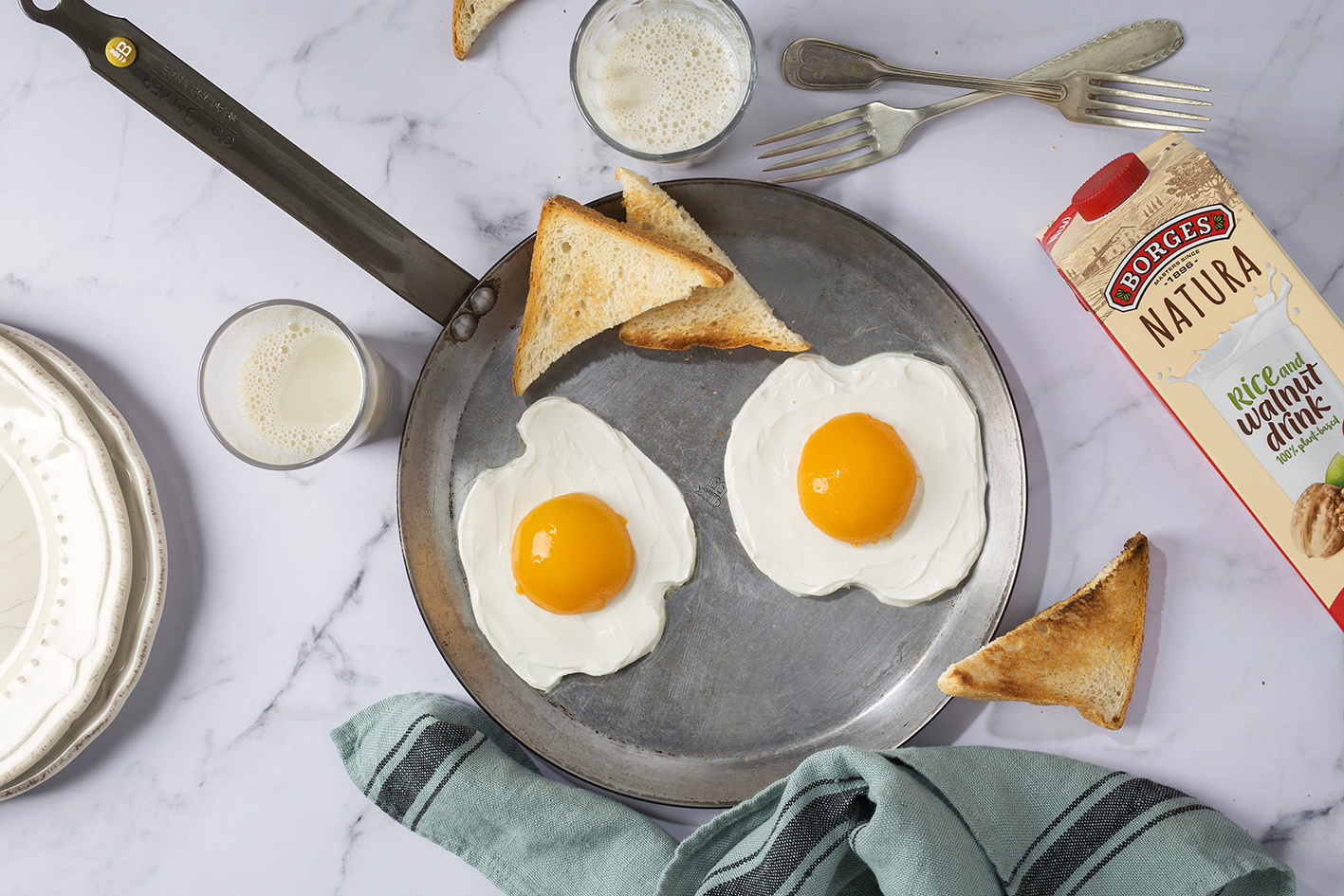Pasta dishes are some of the most popular and well-known recipes worldwide. From their native Italy, they’ve travelled in the form of spaghetti or macaroni accompanied by pesto or Bolognese sauce to countries where they’ve created new fusions with local cuisine.
You’ve probably eaten and made hundreds of pasta dishes, but what do you really know about pasta? How many different kinds are there? How are they classified? To start with, there are two main groups: long pasta and short pasta. Spaghetti is the king of long pasta and macaroni is a prime example of short pasta.
Long pasta can come in ribbons or strips, including familiar names such as linguine, fettuccine, pappardelle, tagliatelle (four kinds of ribbons of different thickness), capelli d’angelo (very thin noodles) and bucatini (thicker than spaghetti and hollow inside). Another major distinction is dried and fresh pasta. Fresh pasta often includes formats with fillings, such as ravioli and tortellini.
Short pasta is naturally smaller. You can’t twirl it up and it comes in different shapes, from bowties and butterflies (farfalle) to spirals (fusilli) and tubes (penne).
But it doesn’t stop there. There are enough kinds of pasta for you to eat a different one every day of the month. And if you add one of the many sauces, the combinations are endless… Although it should be said that purists wouldn’t just pair sauces and kinds of pasta at random. Short pasta, for example, goes well with thick sauces; creamy cheese sauces are great for hollow pasta (penne, macaroni); light, fresh sauces are the perfect match for spaghetti; and strong, spicy sauces go well with ribboned pasta. Long pasta lets you appreciate sauces twirled into a tasty mouthful, and short pasta is great for sauces with vegetables that you can spear with a fork. If you don’t follow these rules, don’t worry – there’s nothing in cooking you can’t reinvent.


